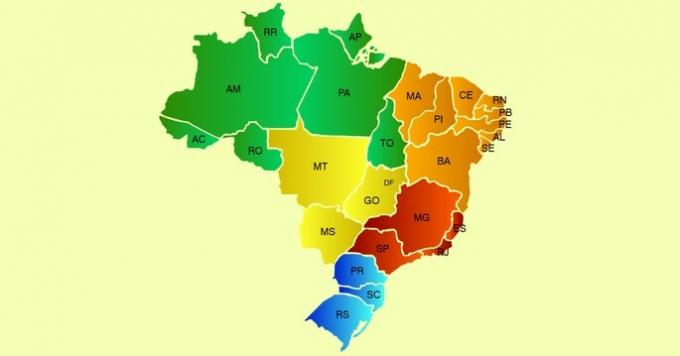Hypothesis is the assumption of something that may (or may not) be credible, which is verifiable, from which a conclusion is drawn. Popularly, the term is used as a synonym for speculation, chance or possibility of something happening.
In scientific and academic research, for example, a hypothesis corresponds to a possibility of explanation about a particular cause of study. A research object can have several different hypotheses, being the researcher's responsibility to put into practical experiments and other methods of proof to find out which hypotheses are more likely or true.
For elaborate a working hypothesis, first it is necessary to delimit the object of study and gather the appropriate assumptions as an answer to the research. After gathering all the probabilities (hypotheses), it is necessary to carry out the correct experiments, according to the chosen methodologies, to prove or disprove the raised hypotheses.
Etymologically, this word results from the juxtaposition of Greek terms
hypo (underneath) and thesis (thesis), whose meaning in this language was attributed to what remained as the basis or principle of support of the laws.In Mathematics, hypotheses are the set of initial conditions from which, based on logical reasoning, the demonstration of a given result is elaborated, arriving at a thesis.
Some of the main synonyms for hypothesis they are: assumption, presupposition, presupposition, theory, thesis, prognosis, prognosis, possibility, circumstance, condition and eventuality.
See also: meaning of Assumption.
scientific hypothesis
Scientific hypotheses, in general, are the premises within a given theory, which can be validated based on a scientific method, contributing to the formulation of new hypotheses.
A scientific hypothesis is a speculative proposition that is provisionally accepted as the starting point for an investigation. The truth or refutation of the hypothesis is determined thanks to reasoning or experience. In the proposition: "Dogs and sardines are fish", there is a false and a true statement, and it is possible to demonstrate that a dog is a mammal and not a fish.
If a hypothesis is confirmed, it becomes the reasoning of a scientific theory, if it is refuted, it becomes a counter argument.
See also: the meaning of TCC.
Gaia Hypothesis
The Gaia hypothesis, authored by English environmentalist James Lovelock, states that planet Earth is a superorganism, endowed with a capacity for self-regulation.
Null Hypothesis
Null Hypothesis is a concept in the realm of statistics and probability, which states that a hypothesis is considered true until evidence appears to prove otherwise.
Riemann Hypothesis
The Riemann Hypothesis, formulated by the German mathematician Bernhard Riemann, proposes that the zeros of the straight line critical are not real and are arranged symmetrically with respect to the real axis and with respect to the line critical.
This hypothesis related to prime numbers is probably one of the most famous unsolved problems in mathematics. Its resolution would bring major changes in the areas of Information Theory and Physics.
See too The Types of Search.


